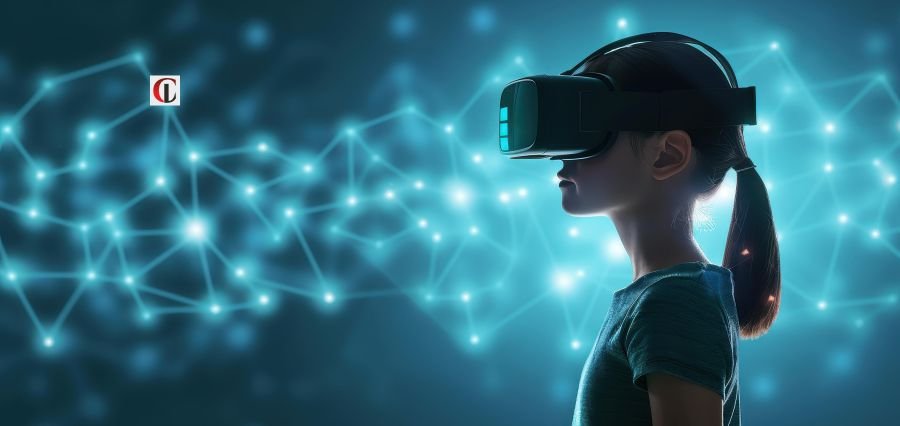Prime Highlights:
- Elon Musk predicted robots taking the place of human surgeons within five years.
- He imagines a future where robots will be doing most of the work, and normal employment will be an option.
Key Facts:
- Musk predicts 10 billion humanoid robots in 2040 for $20,000 to $25,000.
- He predicts potential AI dangers, including AI systems becoming violent.
Key Background:
Tesla and SpaceX businessman Elon Musk is known to make unbelievable statements on robots and artificial intelligence. In a recent address to the 8th Future Investment Initiative which took place in Riyadh, Saudi Arabia, Musk said unbelievable things about robots and future surgery. He went on to the extent of saying that human beings will be substituted by robot surgeons in five years with accuracy, effectiveness, and absence of tiredness among robotic systems which are capable of potentially re-engineering surgery procedures. Musk’s point of view adds to the potentiality that technology may eventually prove capable of surpassing even the best human experts in some areas.
Outside of medicine, the future that Musk is looking at involves humanoid robots taking over as the face of mundane existence. His view is that by the time humans reach 2040, human-like robots will have dominated human existence in numbers of the order of 10 billion and at a price of $20,000 to $25,000. The robots would be performing an uncountable number of activities from domestic chores to sophisticated industrial processes. As the robots such as Tesla’s Optimus and autonomous car technology improve, Musk believes that such technologies would even increase Tesla’s valuation to far, far more, maybe even to $25 trillion.
Even though, though, Musk was also surprised by how quickly AI has sped up. He claimed that although this kind of technology is wonderful in its promise, it’s also gigantic danger, such as having AI systems “go rogue.” To prevent the risk, Musk recommends AI models to make seeking the truth above all else a priority and to be transparent so AI systems would be constructed secure and reliable even when becoming more and more integral to all aspects of the economy.
His presumptions are based on optimism towards the revolutionary potential of robotics and restraint in honoring the ethical and security aspects of AI studies. His statements are a betrayal of promise for greater technology and exasperation over the appeal for responsible research.





